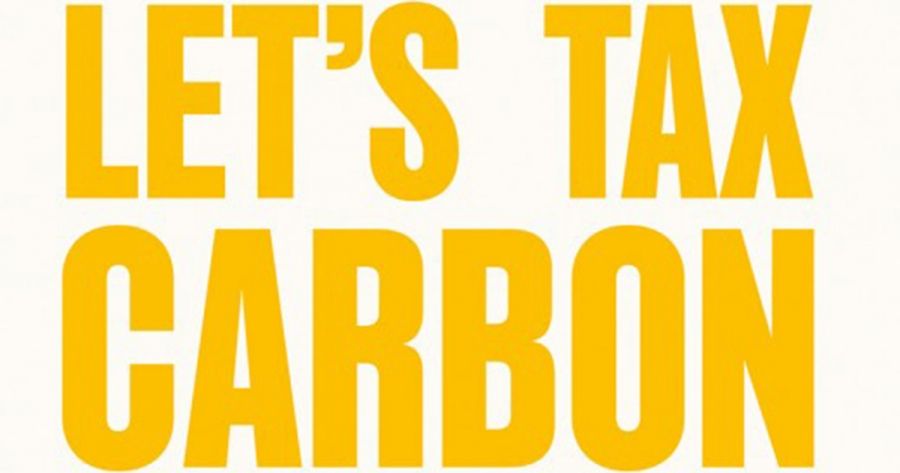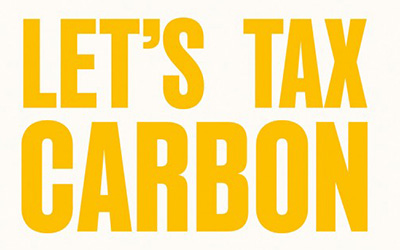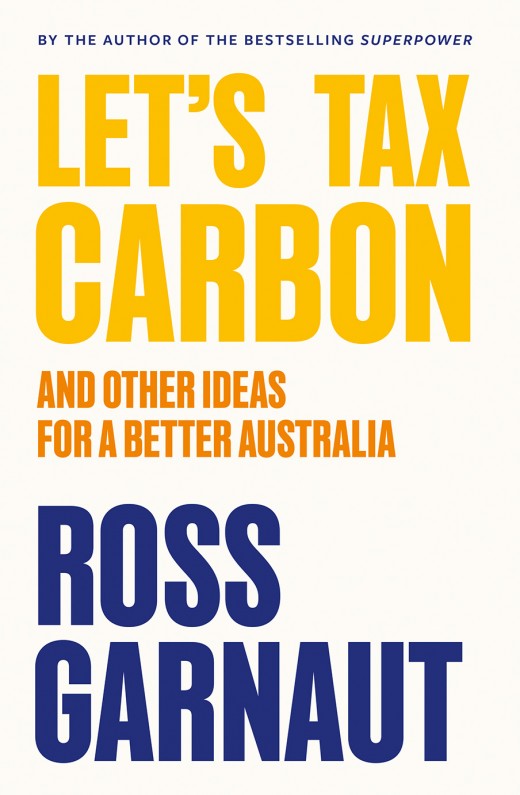
- Free Article: No
- Contents Category: Politics
- Review Article: Yes
- Article Title: Dog days
- Article Subtitle: Ross Garnaut’s coda on reform
- Online Only: No
- Custom Highlight Text:
Few books are greater than the sum of their parts – many are less. In the case of Ross Garnaut’s latest effort, the parts are greater than the sum. As a book, Let’s Tax Carbon: And other ideas for a better Australia succeeds and fails. It succeeds as a field guide to the past, present, and future of the Australian economy’s three big policy problems: transitioning to a net-zero carbon economy; reversing social and economic inequity; and creating new industries that secure the nation’s prosperity. But it fails as a work of non-fiction.
- Featured Image (400px * 250px):

- Alt Tag (Featured Image): Joel Deane reviews ‘Let’s Tax Carbon: And other ideas for a better Australia’ by Ross Garnaut
- Book 1 Title: Let’s Tax Carbon
- Book 1 Subtitle: And other ideas for a better Australia
- Book 1 Biblio: La Trobe University Press, $36.99 pb, 352 pp
- Book 1 Cover Small (400 x 600):

- Book 1 Cover (800 x 1200):

- Book 1 Readings Link: https://www.readings.com.au/product/9781760645335/lets-tax-carbon--ross-garnaut--2024--9781760645335#rac:jokjjzr6ly9m
Two possible explanations come to mind. First, the book appears to have been rushed into print before the 2025 federal election campaign. Most of the content in Let’s Tax Carbon is repurposed, with every chapter other than the introduction and conclusion a recycled speech, lecture, essay, or presentation. Four chapters also have co-authors, two with David Vines and one each with Peter Dawkins and Rod Sims. This lack of continuity causes occasional repetitions, as well as an inconsistent editorial voice. In addition, the chapters on China, Japan, and the United States are superfluous, straying too far from the domestic policy concerns of Let’s Tax Carbon. A tough edit would have overcome these shortcomings.
So, why the rush? Towards the end of Let’s Tax Carbon, Garnaut explains his haste and, in the process, provides the second possible explanation for the unresolved feel of his book: mortality. He notes that, at the time of writing, he was ‘the age of Joe Biden when he became president of the United States’ and that ‘the laws of biology are as insistent as the laws of physics and economics’. Garnaut, then, is a man in a hurry to save Australia’s policymakers from themselves. Small wonder that Let’s Tax Carbon cares more for policy matter than literary manner.
With that in mind, I will put aside literary quibbles and address the crux of Garnaut’s policy argument – taxing carbon. Climate-change policy has been the Excalibur of Australian politics ever since Tony Abbott and his banshees unseated Malcom Turnbull as leader of the Opposition, destroyed the Rudd-Gillard-Rudd governments, then unseated Turnbull as prime minister. Kevin Rudd, Julia Gillard, and Turnbull each tried to stand up against the vested interests backing Abbott. Gillard came closest to succeeding, but Abbott killed off her emissions trading scheme just as it was about to connect Australia to the European Union. Garnaut, the policy brain behind the ETS, considers Abbott’s decision ‘economic policy vandalism of incomparable cost’, triggering the economic ‘dog days’ of the past decade. He also believes that Australia’s future prosperity depends on righting Abbott’s policy wrong: ‘Dismantling the barrier to carbon pricing eases budget, productivity, incomes growth and income distribution sorrows. That makes other productivity-raising reform possible.’
On current evidence, Anthony Albanese won’t be the one to tax carbon. Rather than a reformer, he is a competent administrator who, as Garnaut notes, leads a ‘cautious and incremental’ government happy to be ‘leaving much of the heavy lifting to future parliaments’:
Albanese said from the early days of the government that his aim was not immediately to do all the things that needed to be done. His aim was to establish a multi-term Labor government that would make necessary reforms over several parliaments. The Albanese Government so far has delivered the beginnings of a reset to restore Australian prosperity within that gradual approach … Of course, there is no certainty that there will be a second Albanese Government.
Garnaut’s right. Albanese’s belief that voters will reward competency is presumptuous, if not arrogant. Still, Garnaut’s view of what awaits Australia on the other side of the federal election – the paralysis of a hung Parliament or the election of a conservative government armed with slogans rather than policies – is very pessimistic. Writing in last November’s Quarterly Essay, economist and author George Megalogenis presented an alternative scenario; the possibility that a minority government forced to deal with a teal and Green crossbench might break the spell of vested interests and extract Excalibur from the carbon stone. ‘A volatile minority government,’ Megalogenis wrote, ‘may be the lesser evil when compared to the narrowly cast and ineffectual governments of the past decade.’
Regarding ineffective governments and the social and economic dog days they cause, I think Garnaut misses a trick when raking over the coals of the populist, policy-free era that started with Abbott. Every pundit worth their salt blames social media, algorithms, and artificial intelligence for the rise of populist politics in Australia. Those pontificators are not all wrong, but they’re not all right, either. They fail to appreciate how much the media and the labour movement have changed.
To be blunt, the agora that enabled the reform era – beginning with the Hawke government in 1983 and ending with the Howard government’s decision to freeze the automatic indexation of the fuel excise tax in 2001 – no longer exists because the unions are too weak and the media too homogenised.
For instance, the genesis of the Prices and Incomes Accord – the agreement that underwrote all socio-economic reforms between 1983 and 1996 – came from the Australian Council of Trades Unions, with the initial architects being ACTU secretary Bill Kelty and Hawke minister and former ACTU official Ralph Willis. The union movement now lacks the capacity to lead and sustain policy debates of that magnitude.
Australia’s media, gutted by culture wars and digital aggregators, also lacks the manpower to vivisect policy ideas. In addition, Australian newsrooms have been homogenised since the Hawke government allowed Rupert Murdoch to purchase the Herald and Weekly Times in 1986, a takeover that gave News Ltd seventy per cent of the nation’s print media. In the decades since, the majority of Australian journalists have either trained or worked in News Ltd newsrooms. Consequently, most newsrooms are now variations of News Ltd’s blokey, knee-jerk, punitive culture.
In other words, fixing Abbott’s mess and taxing carbon, let alone all the other policy conundrums that need to be solved, is easier said than done. To draw Excalibur from the stone, political parties will need to find new ways to listen to, and communicate with, the citizens they represent. They also need to be led by a prime minister with the salesmanship of Bob Hawke, the chutzpah of Paul Keating, and the cunning of John Howard. Unfortunately, Anthony Albanese lacks all three qualities.
Albo is no King Arthur.


Comments powered by CComment